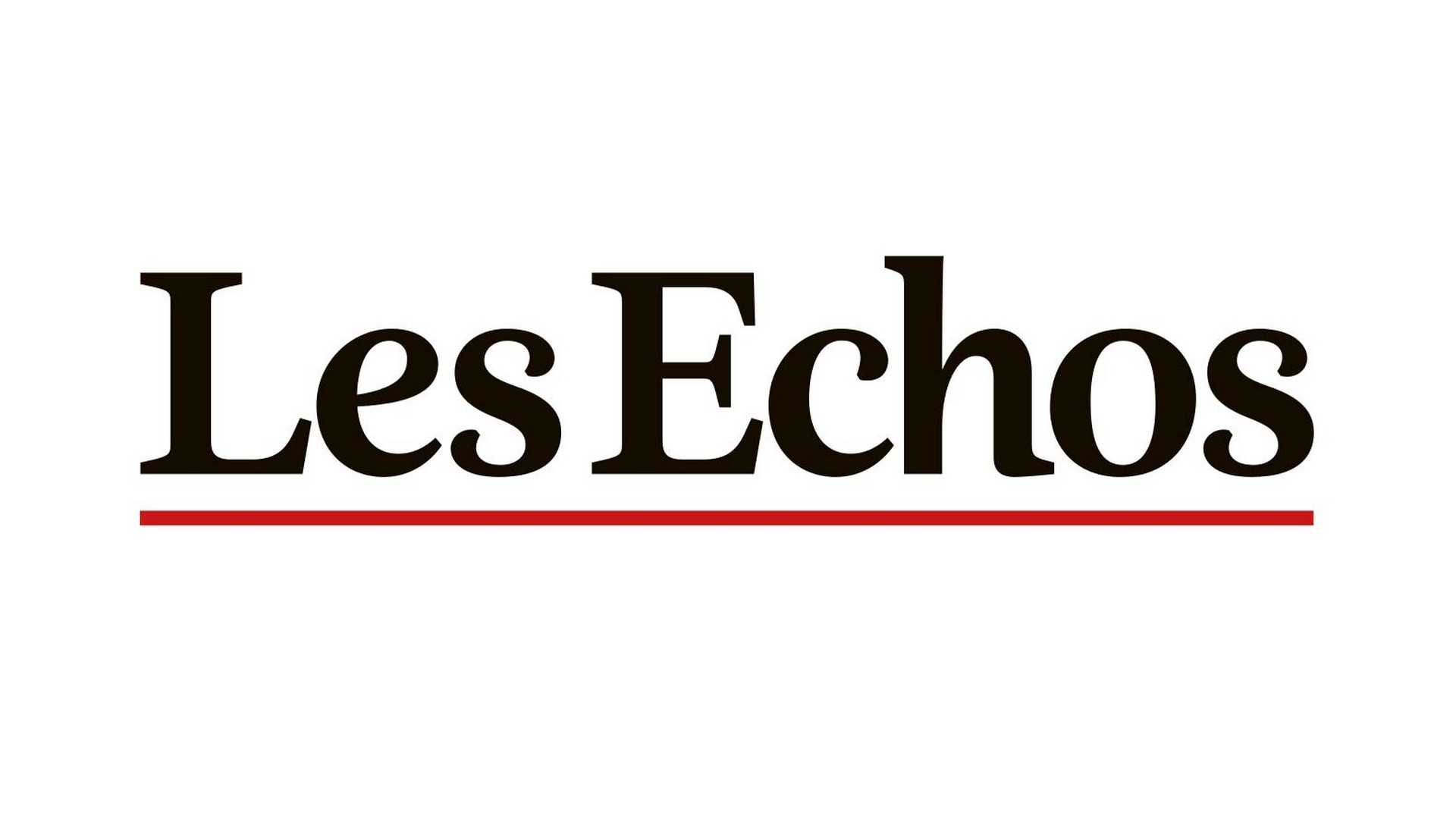In a strained economic and environmental context, France is currently grappling with a simmering housing crisis. Professionals in the sector are sounding the alarm about the risks of a drastic decrease in rental supply, both in new and existing properties.
With a majority of private property owners, establishing a status for private landlords that ensures the sustainability of their activities should be one of the priorities for the new Minister of Housing.
Indeed, a significant imbalance is emerging in the rental property market. In new construction, shortages are endemic. Figures published by the Federation of Real Estate Developers last May reported a 30.5% drop in production between the first quarter of 2022 and the first quarter of 2021. Faced with rising costs, a shortage of labor, and local officials resistant to construction projects, developers are scaling back their program launches.
In existing properties, the market is confronting the removal of the most energy-intensive housing units from the rental pool due to the Climate and Resilience Law (2021). According to the National Observatory for Energy Renovation (ONRE), 5.2 million “energy sieves” will be prohibited from being rented by 2028. This planned obsolescence poses an unprecedented challenge to the market.
In France, the rental supply relies on two types of actors. On one hand, there are social landlords or specialists in intermediate housing who manage a portfolio subject to various conditions for households and constraints for operators. On the other hand, there are private landlords, comprising 97% individuals, who control 7 million properties. In practice, they are the largest group of landlords in France.
Sustaining an ample private rental pool hinges on the dynamics of individual investment, sensitive to stable taxation and balanced tenant relations. However, in recent years, private landlords have faced challenges through various measures such as rent caps in tight markets, regulations implemented in certain major cities, and stricter eligibility criteria for the Pinel scheme.
Furthermore, real estate bears a more burdensome tax load compared to other investments. The abolition of the Wealth Tax (ISF) and the introduction of the Property Wealth Tax (IFI) dealt a blow to landlord property owners, whose image has been tarnished and weakened in favor of holders of financial or movable assets.
Revitalizing the rental supply could be energized by establishing a true status for private landlords, who are essential economic actors, with simplified and effective taxation.
Implementing an amortization principle, dependent on the level of rent charged and the duration of the lease, would be a straightforward initial step. Thus, the more attractive the rent and the longer the commitment, the greater the amortization. Furthermore, improving the deductibility of property deficits from overall income – the annual cap of €10,700 has not been revised in thirty years – would encourage investment and support necessary energy renovation works.
Lastly, a reflection on the balance of relationships between landlords and tenants should be initiated.
However, more crucial than these fundamental reforms, investors need reassurance for the long term. The legal and tax framework cannot be called into question with every new finance law and change of minister.
The State can no longer ignore the tensions prevailing in the housing market. There is an urgency to take action to reignite rental investment, recognizing that real estate is a value-creating sector in which private landlords play a role.
– Stéphane IMOWICZ, President of IKORY for Les Echos

